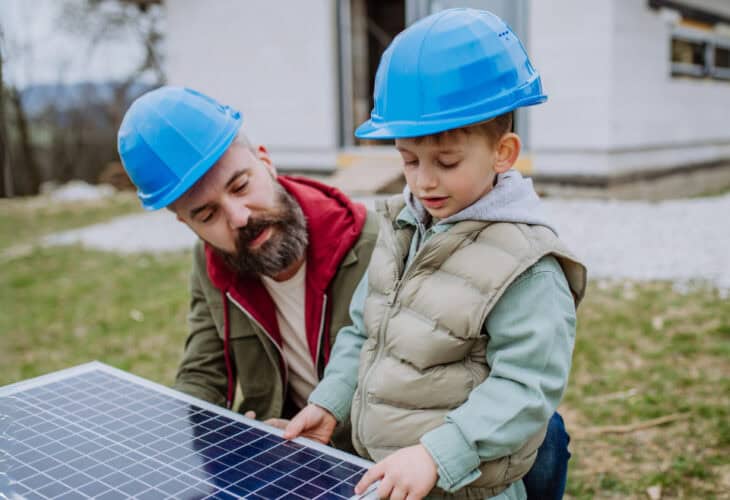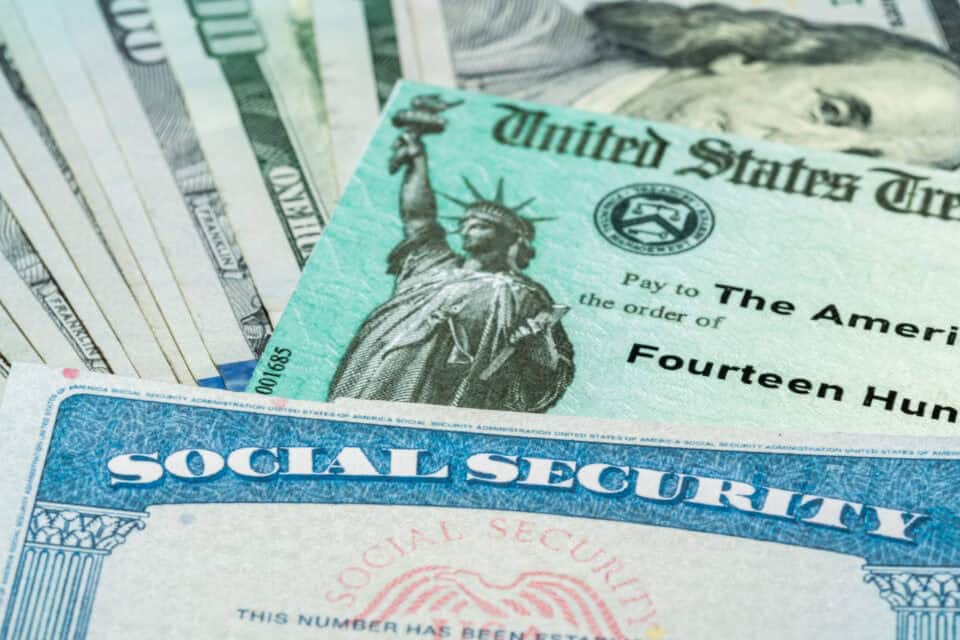Should You Switch to Solar Energy?

With some of the highest residential energy costs in the nation, it’s no wonder that more and more Californians are thinking about switching to solar power in their homes. Throw in the feel-good factor of protecting the environment by getting clean energy from the sun (and the not-so-good feeling of rolling blackouts on sweltering 100-degree days) and having your own personal power plant seems pretty genius.
But is it the right move for you?
Read on to weigh the pros and cons of switching to solar energy.
Top reasons to go solar
1. The environment.
We’ll go into more “pros” that favor solar, but a desire to reduce their personal carbon footprint (by cutting back on fossil fuels) is usually a high priority for people who decide to convert their home from traditional energy to solar power.
2. It’s sustainable and clean.
The sun is the closest thing we’ve got to an unlimited power supply, which is Holy Grail-level sustainable. It’s also particularly “clean” in that – once the system is in place — no other natural resource has to be used to produce solar power and get it to the end user: you!
3. Slash your electric bill. And maybe sell back excess power.
Using solar energy really is kind of like having your own personal power plant. While it varies as to when each homeowner will reach the break-even point, if your power bills are super-high, a modern solar power system could soon be a net positive for you. That’s because in addition to taking care of your own home’s energy needs, you may be able to profit by feeding into the grid any excess energy your system generates. The process is called net metering.
4. Grab those tax credits.
While quality solar power systems aren’t cheap, the federal government is totally on board with providing incentives to help you make your move. In fact, Congress recently extended the investment tax credit (aka ITC) which allows a 26% tax credit for systems installed 2020-22 and a 22% credit for systems installed in 2023.
5. Solar increases your home’s value.
According to a 2019 analysis by Zillow, homes with solar panels sold for 4.1% more than comparable homes without solar power. That’s the nationwide figure. In San Francisco, the solar “premium” was 4.4%.
Is there a downside?
Like so many things, whether or not you see a downside to switching to solar energy depends on how you look at it.
1. They’re big and they’re (probably) visible.
A solar system is going to take up space on your roof and you’ll need to consult with an expert to assess your home to determine whether you have enough roof area for a system that will meet your needs. And if you don’t like the look of the panels, it’s not always easy to hide them since they need to be oriented in a particular way to maximize exposure to the sun.
2. Sunlight is key.
In most parts of California, we’ve got plenty of sunshine to gather tons of solar energy and maximize the efficiency of your system. But if you happen to live in a place with lots of rainy, foggy or cloudy days, or you aren’t able to locate your system in an optimal spot for sun exposure (due to the shape of your roof or surrounding trees, for example) your system efficiency won’t be as good. The good news, though, is that modern solar systems actually work pretty well anywhere there’s daylight.
Of course, there’s no sun at night, so your system can’t provide round-the-clock energy. But that’s only a downside if you’re looking to totally disconnect from the grid!
3. Solar power systems aren’t free.
Then there’s the cost. Since your home is probably already set up with conventional power, solar will involve a significant investment. A typical residential system can run $15,000-25,000. However, the upfront costs can be greatly reduced by those federal tax breaks. Eventually, though, the solar panels and inverters you install will need to be replaced and there’s always the possibility of damage that could require repairs. So, depending on how long you stay in your home, there could be added costs later on and it’s impossible to know now whether your equipment will be eligible for subsidies or tax breaks in the future.
How to get solar financing.
So, are you going Team Solar?
If going solar is the right decision for you, there’s never been a better time than now to make your move. As the market for solar has grown and more people and companies have gotten into the business of selling and installing systems, costs have dropped dramatically. In fact, the cost of a home system today is just a fraction of what it was a decade ago. Still, the cost remains high enough that most people will want to look into financing.
What is a solar loan?
The right kind of financing can be key to maximizing the savings you reap from your solar power investment. BluPeak Credit Union has partnered with solar industry expert Energy Loan Network® to offer our members low-rate, 100% financing for the full range of solar projects, from solar panels and inverters to energy storage systems, pool and water heating and items related to installation such as roof repair. There are also no origination fees, no down payments, and no prepayment penalties.
Ready to get started?
Click here to use our calculators to crunch some numbers, or take the first step to apply for your solar loan.
Must meet membership and account criteria. All loans subject to credit approval. Rate terms and conditions subject to change. Energy Loan Network is a registered trademark of Energy Loan Network, Inc. This content is provided for general information purposes only.





